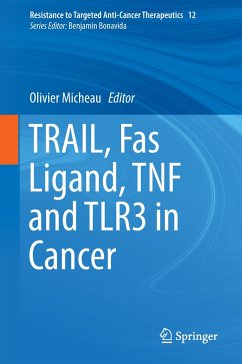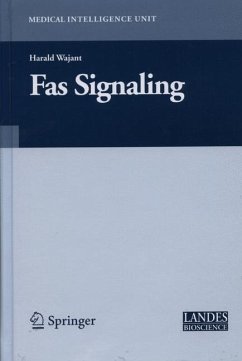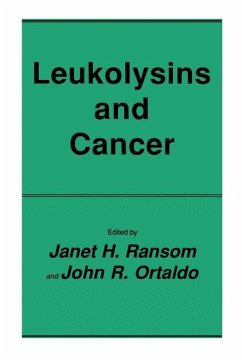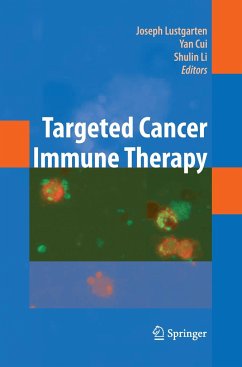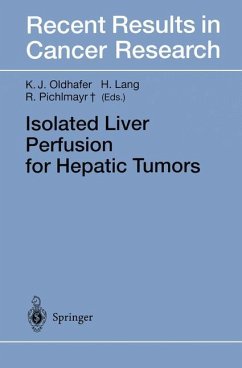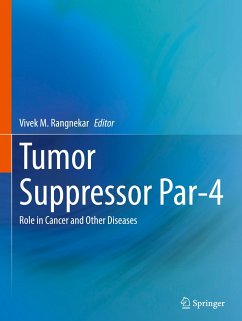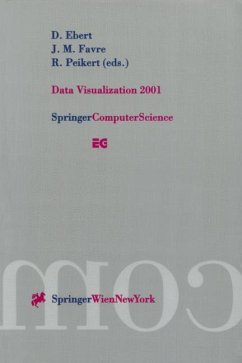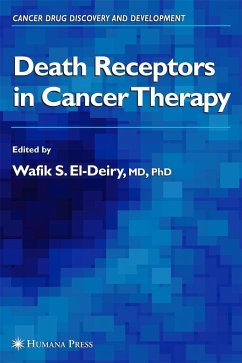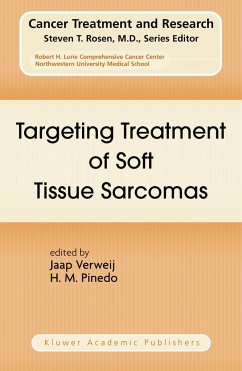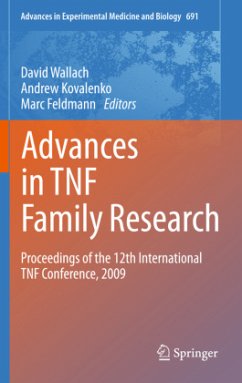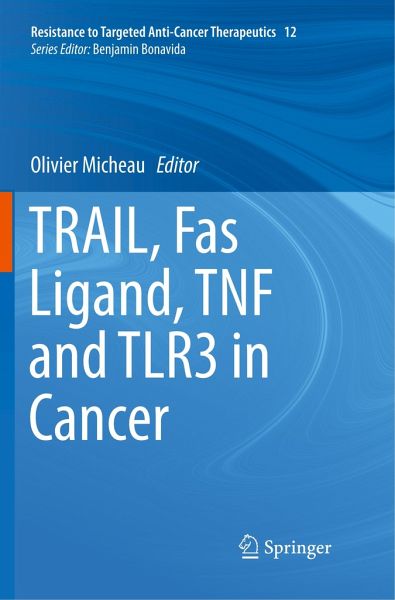
TRAIL, Fas Ligand, TNF and TLR3 in Cancer
Versandkostenfrei!
Versandfertig in 6-10 Tagen
113,99 €
inkl. MwSt.

PAYBACK Punkte
57 °P sammeln!
This volume provides the current understanding of death receptor's/TLR3 signaling regulation in cancer. Death receptors, including TRAIL-R1, TRAIL-R2, Fas and TNF-RI, owing to their ability to trigger apoptosis and to contribute to the elimination of cancer cells by the immune system have been considered, to variable extent, as important therapeutic targets for cancer therapy. But an increasing body of evidence suggests that some of these receptors may also contribute to tumorigenesis, or that new players such as TLR3 may be targeted for cancer therapy due to their ability to behave like death...
This volume provides the current understanding of death receptor's/TLR3 signaling regulation in cancer. Death receptors, including TRAIL-R1, TRAIL-R2, Fas and TNF-RI, owing to their ability to trigger apoptosis and to contribute to the elimination of cancer cells by the immune system have been considered, to variable extent, as important therapeutic targets for cancer therapy. But an increasing body of evidence suggests that some of these receptors may also contribute to tumorigenesis, or that new players such as TLR3 may be targeted for cancer therapy due to their ability to behave like death receptors.



